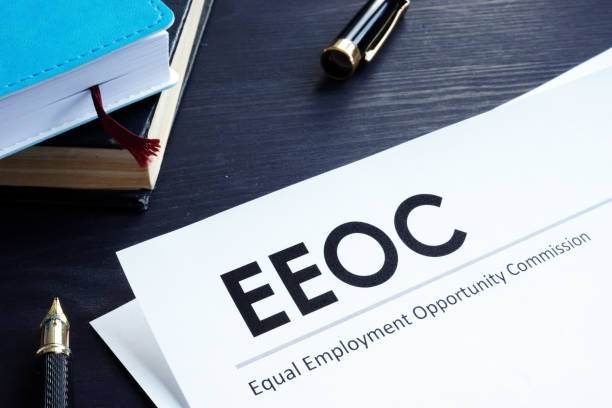Facing discrimination at work can leave you feeling shaken and uncertain. You deserve fair treatment and respect. If you believe you’ve been discriminated against, it’s crucial to take action. Filing a charge with the Equal Employment Opportunity Commission (EEOC) can protect your rights. This process might seem overwhelming, but understanding each step can empower you. You need a clear path forward. Contacting professionals, such as the Law Offices of Usmaan Sleemi, can offer guidance and support. It’s important to know what to expect. First, recognize the types of discrimination. They include race, gender, disability, and more. Next, gather evidence like emails, messages, and witness statements. Then, file your charge promptly. Each step requires attention to detail and commitment. By navigating this process confidently, you stand up not just for yourself, but for fairness. You have the power to drive change in your workplace and ensure a better future.
Identifying Types of Discrimination
You need to understand what counts as discrimination. The EEOC protects against various types, such as:
- Race
- Color
- Religion
- Sex (including pregnancy, gender identity, and sexual orientation)
- National origin
- Age (40 or older)
- Disability
- Genetic information
Knowing these categories helps you identify if your experience qualifies.
Gathering Evidence
Evidence strengthens your case. Here are key types of evidence you should collect:
| Type of Evidence | Examples |
|---|---|
| Written Communication | Emails, text messages, letters |
| Witness Accounts | Statements from coworkers |
| Official Documents | Performance reviews, employment contracts |
| Physical Evidence | Photos, recordings |
This evidence supports your claims and provides a clearer picture of the situation.
Filing the Charge
Once prepared, you need to file your charge with the EEOC. Here’s how:
- Contact the EEOC: Reach out through their official website or by phone to begin the process.
- Complete the Questionnaire: Fill out the EEOC’s online questionnaire to provide necessary details about your situation.
- Schedule an Interview: The EEOC may schedule an interview to discuss your case further. Be honest and thorough during this meeting.
- Receive a Charge Number: Once your charge is filed, you receive a charge number for tracking purposes.
Filing promptly is critical. There are time limits, usually within 180 or 300 days of the incident, depending on the state.
Investigation and Mediation
After filing, the EEOC investigates your charge. They might also offer mediation as an option:
- Investigation: The EEOC reviews your case and may request additional information or interviews. This step can take several months.
- Mediation: If both parties agree, mediation offers a chance to resolve the issue without a lengthy investigation. It’s a voluntary process designed to reach a fair agreement.
Moving Forward
If the EEOC finds evidence of discrimination, it may pursue a settlement. If not, you receive a “Notice of Right to Sue,” allowing you to take the matter to court. Throughout this journey, stay informed and proactive. Your commitment can foster a workplace culture that respects and values everyone.



